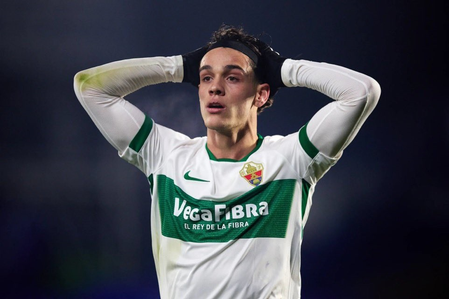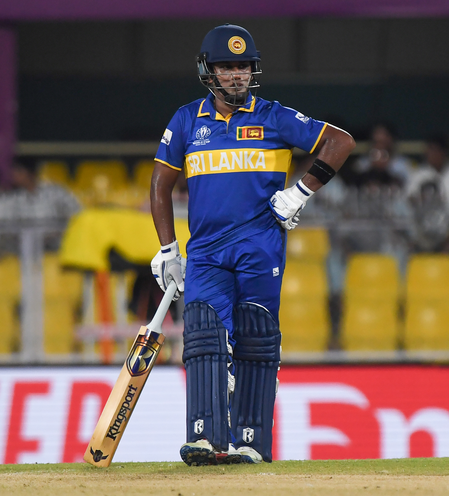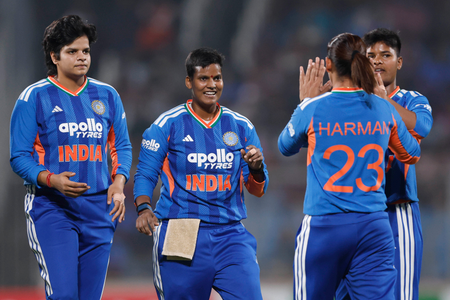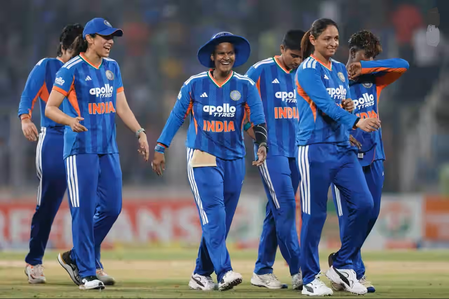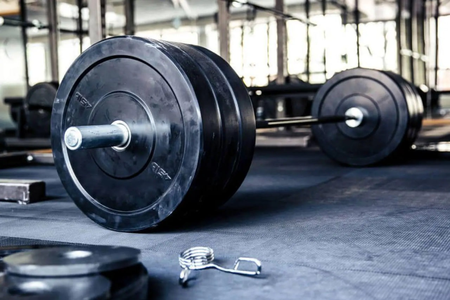
New Delhi, Oct 3 (IANS) To safeguard the athletes from countries that have been sanctioned and penalised by the leaders of the Olympic movement, the International Olympic Committee (IOC) has created the category of “Neutral Athletes,” allowing sportspersons from those nations to participate in major global events under the IOC flag.
Currently, the status is used for sportspersons from Russia and Belarus as their national Olympic bodies are serving a suspension by the IOC since before the 2020 Tokyo Olympic Games because of the war with Ukraine.
But now the chief of a global sports body has called for the IOC to end this practice of having “Individual Neutral Athletes” at the Olympics — Summer and Winter — and other competitions conducted under its auspices.
Astrit Hasani, President of the European Weightlifting Federation (EWF), has issued an open letter to International Olympic Committee (IOC) President Kirsty Coventry, calling for an end to the use of the “Individual Neutral Athlete” (AIN) status in international sport. The letter, sent from Lausanne on Friday (October 3), appeals to Olympic values and warns of the risks of politicising sport. SportsIn has obtained exclusive access to the full text.
“Sport is above politics”
Hasani, who hails from Kosovo, a country that has long struggled for international recognition, makes a principled appeal: “Sport is above politics.”
While his initiative defends Russian and Belarusian athletes on an individual basis, Hasani stresses that his broader concern is the future of the Olympic Games. According to him, political interference undermines the very foundation of Olympism.
Clash with Olympic values
The EWF president argues that the application of AIN status contradicts the Olympic Charter’s core pillars—neutrality, universality, and the unifying power of sport. “Athletes should be judged by their own conduct and not by the political actions of their leaders,” Hasani writes. “The principle of individual responsibility must be applied. Any sanctions should target those directly responsible, not athletes whose only goal is to compete.”
Kosovo as an example
Drawing on his own country’s history, Hasani recalls the powerful symbolism of judoka Majlinda Kelmendi competing in Russia under the Kosovo flag—despite Russia’s non-recognition of his homeland. “That moment showed that sport can rise above political divisions,” he emphasises, pointing to Kosovo’s resilience as proof that inclusion strengthens, rather than weakens, international sport.
Warning for the future
Hasani is not only calling for the lifting of AIN restrictions on Russian and Belarusian athletes. He also urges the IOC to commit to never applying such measures again. “Restoring participation rights would not be a political act, but a reaffirmation of Olympic values,” he insists.
His warning comes at a sensitive time, as the IOC struggles to balance geopolitical realities, UN decisions, and the principle of equality in sport.
What comes next?
Hasani’s message is clear — the Olympic movement must preserve its essence and allow athletes to compete as ambassadors of peace and mutual respect.
Whether the IOC will respond to this call remains uncertain. In a global climate where politics and sport are increasingly intertwined, there is no unanimous—or universally acceptable—solution in sight.
–IANS

